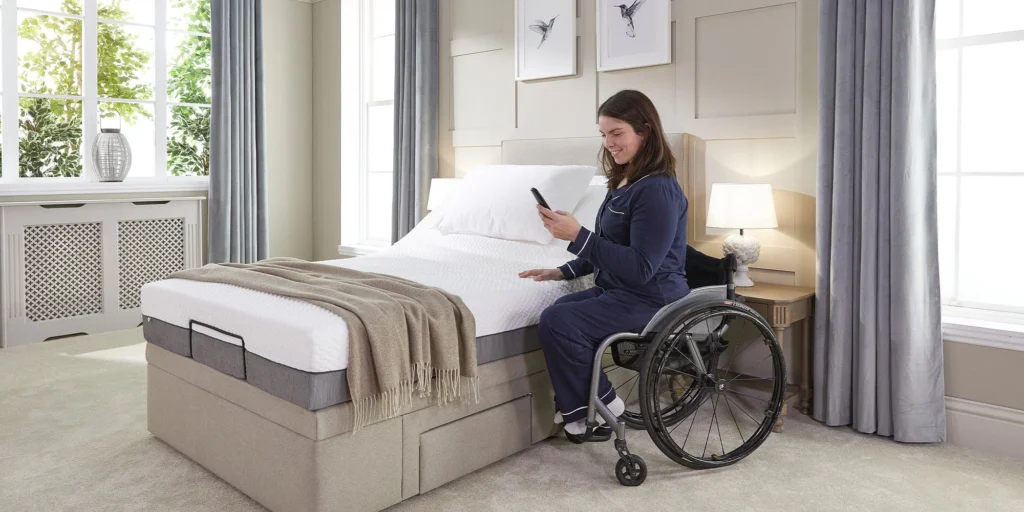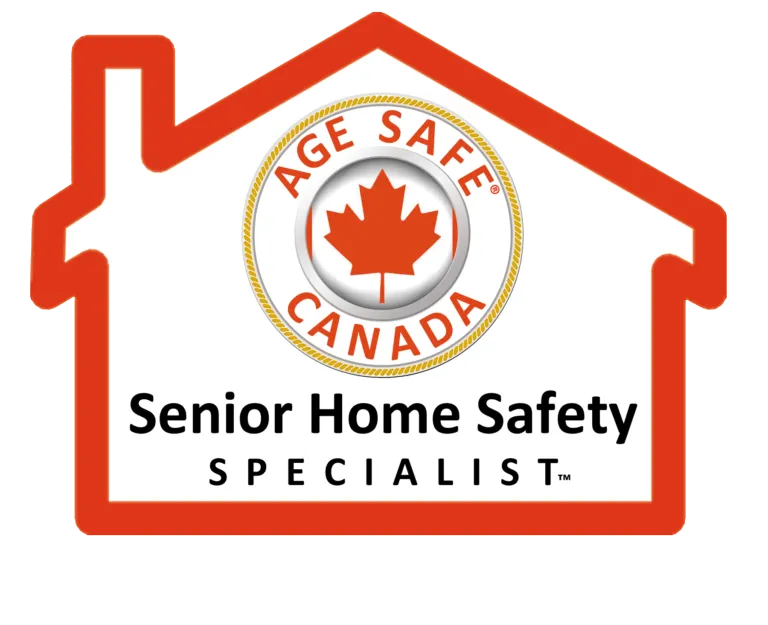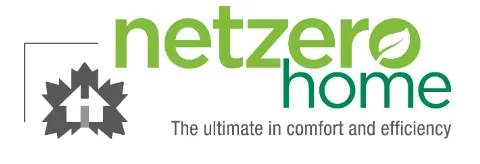As people age, their home environment plays a crucial role in ensuring their safety, comfort, and independence. Home modifications are one of the most effective ways to adapt living spaces to meet the evolving needs of seniors. Whether it’s to prevent falls, enhance mobility, or simply make life easier, expert home renovations can significantly improve a senior’s quality of life. However, making modifications to a home requires thoughtful planning and careful consideration. Here’s what seniors and their families should know before embarking on any home modification project.

Assessing the Current Home Environment
The first step in any home modification project is conducting a thorough assessment of the existing space. Every home is unique, and so are the needs of each senior. A careful inspection of the layout, structure, and safety features is essential in determining what changes are necessary.
- Safety Hazards: The majority of falls among seniors occur in the home, particularly in areas like bathrooms, stairs, and hallways. It’s important to look for potential tripping hazards like loose rugs, uneven flooring, or poorly lit spaces. Areas such as the kitchen, bathroom, and bedroom should be closely evaluated for accessibility and safety.
- Mobility Needs: Consider the mobility limitations a senior may experience. Stairs can become challenging, so installing a stairlift or converting a bathroom to be wheelchair accessible may be required. Wider doorways, ramps, and grab bars may also be needed to accommodate mobility aids.
- Functional Needs: Look at how spaces are used. Do the furniture and layout allow easy movement? Does the lighting meet the needs of those with vision impairments? Is there enough storage space that is easy to access? These aspects should be taken into account to ensure the home is not only safe but also functional.
Setting a Budget and Priorities
Once you have identified the areas that need attention, setting a budget is essential. Home modifications can range from small, simple upgrades to larger, more complex projects. It’s important to prioritize which changes are most important based on the senior’s specific needs and limitations.
- Small Modifications: These might include adding grab bars, securing rugs, improving lighting, or adjusting furniture placement to create more open spaces.
- Medium Modifications: These could involve widening doorways, installing a walk-in shower, or adding ramps for easier access.
- Large Modifications: These might include complete bathroom renovations, building an accessible entryway, or even reconfiguring living spaces to eliminate stairs.
Understanding what’s essential and focusing on these priorities will help keep the project within budget while ensuring the modifications provide maximum benefit.
Consulting Professionals
When making significant changes to a home, it’s important to work with professionals who specialize in senior home modifications. Experts in home renovations for aging-in-place will know to design and implement modifications that meet safety, functional, and aesthetic requirements.
- Contractors and Designers: Look for professionals with experience in designing and carrying out renovations tailored to seniors. They will be familiar with codes and regulations for safety and accessibility and can recommend materials and designs that enhance the home’s overall functionality.
- Occupational Therapists: Many seniors benefit from the expertise of occupational therapists, who specialize in assessing mobility needs and recommending modifications that can make daily tasks easier and safer. They can provide insights into what will improve quality of life and offer advice on how to adapt the home environment to individual needs.
- Home Inspectors: A home inspector specializing in senior living can help ensure that the home is in good condition before modifications are made. They’ll check the integrity of structural elements, plumbing, and electrical systems to ensure everything is safe and up to code.
Common Modifications to Consider
There are several home modifications commonly chosen by seniors to improve safety, accessibility, and overall comfort. Here are some of the most effective:
- Kitchen Modifications
- Lowered Countertops: For seniors who use wheelchairs, lowering countertops and sinks can make it easier to prepare meals independently.
- Easy-to-Reach Storage: Adjusting cabinets, shelves, and drawers to be easily accessible helps eliminate the need to climb or stretch to get items.
- Bathroom Modifications
- Walk-in Showers: Replacing bathtubs with walk-in showers is one of the most popular modifications for seniors. These showers reduce the risk of slipping and falling while making it easier for those with mobility challenges to bathe independently.
- Grab Bars: Installing grab bars in strategic locations (shower, toilet, and beside the bed) can provide support and prevent accidents.
- Raised Toilets: Toilets with raised seats reduce the effort needed to sit down and stand up, which is especially helpful for those with knee or hip issues.
- Bedroom Modifications
- Adjustable Beds: These beds can be raised and lowered to ease sitting or lying down, improving comfort and accessibility.
- Clear Pathways: Ensure that there is enough space to move around easily, especially if the senior uses a walker or wheelchair.
- Exterior Modifications
- Ramps: Installing ramps at the entrance or garage eliminates the need for steps, making the home more accessible for wheelchairs and walkers.
- Outdoor Lighting: Good lighting around the home’s exterior helps prevent accidents, especially during nighttime.
- Home Automation
- Smart Home Technology: From voice-activated systems to smart thermostats, home automation can make it easier for seniors to control their environment. Automated lights, locks, and security systems can be operated with a simple voice command, reducing the physical effort required to manage everyday tasks.
Considering Long-Term Needs
When making home modifications, it’s crucial to think not only about current needs but also future ones. Seniors may experience changes in health and mobility over time, so planning is important.
- Adaptability: Choosing flexible solutions that can be easily adjusted in the future will save both time and money. For example, adding extra space for a stairlift or leaving room for a future elevator installation can be beneficial.
- Resale Value: While the primary goal of these modifications is to create a safe, comfortable living space for the senior, it’s also important to consider how modifications might affect the home’s resale value. Try to strike a balance between personalized adaptations and maintaining the home’s marketability.
Legal and Financial Considerations
There are several financial and legal factors to keep in mind when making home modifications.
- Insurance: Some home insurance policies may cover the costs of certain modifications, especially if they are necessary for medical reasons. It’s worth checking with your insurance provider to determine what’s covered.
- Government Assistance: There are various programs available to help seniors pay for home modifications. Local and federal grants, loans, or tax credits may be available for qualifying individuals. These resources can help offset the costs of certain modifications and provide financial relief.
- Permits and Codes: Before beginning any renovation, make sure to check with your local government about building codes and permits required for specific modifications. This ensures that all changes are compliant with safety regulations.
Why Choose Adaptive Living?
Adaptive Living specializes in creating customized solutions that allow seniors to remain in their homes safely and independently for as long as possible. Our team of experts is committed to delivering high-quality home modifications that are both functional and aesthetically pleasing. Whether you’re looking to install grab bars, widen doorways, or redesign your bathroom, we offer personalized consultations to help you make the best decisions for your home and needs. At Adaptive Living, we prioritize safety, comfort, and ease of use to create a living space that promotes independence and well-being for seniors.



